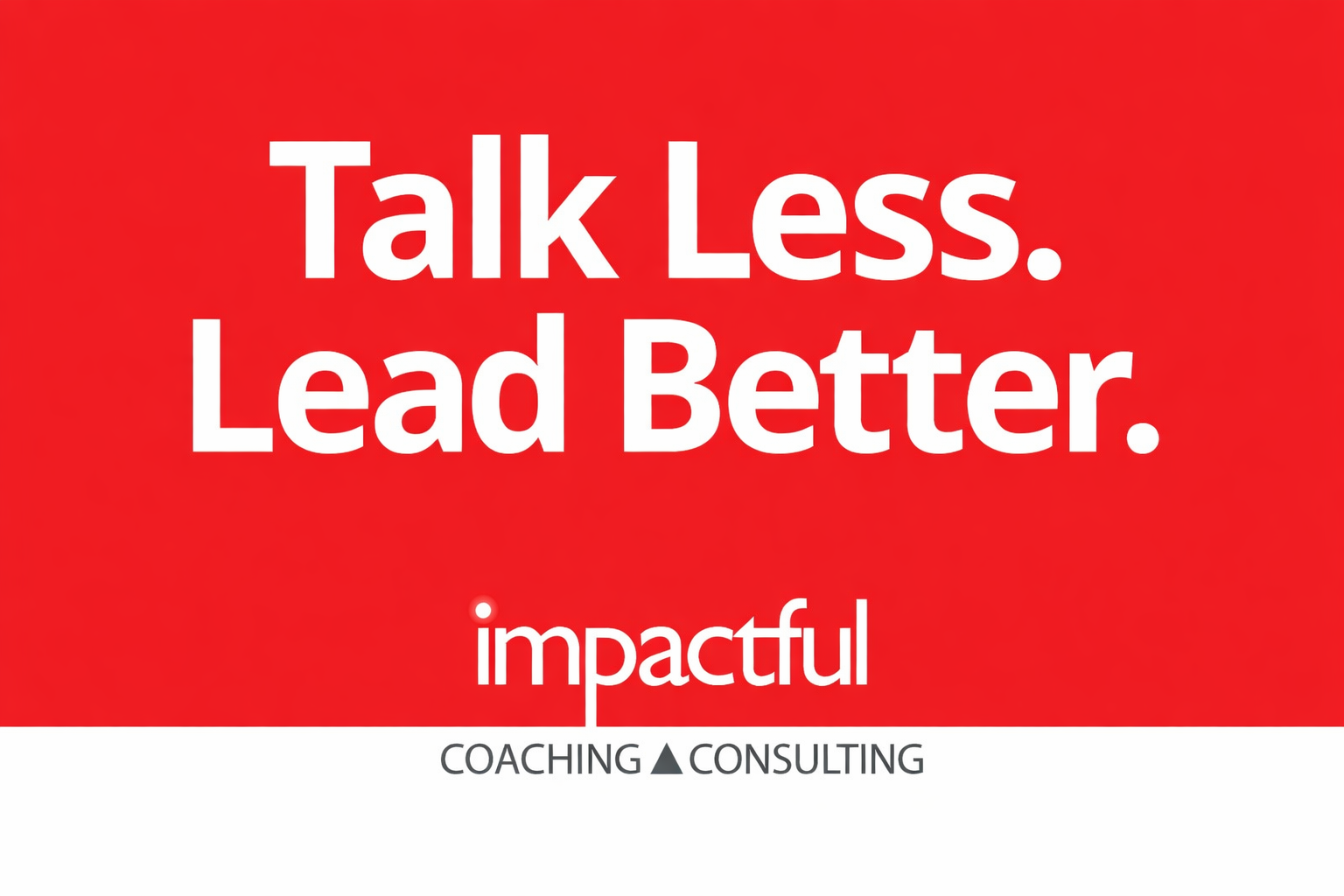A leader once told me, “I’ve explained this a dozen times. I don’t know why they still don’t get it.”
A week later, I watched him run a team meeting.
He talked for most of it.
He clarified expectations.
He answered his own questions.
He ended with, “Any questions?”
There were none.
Not because everyone understood—but because everyone had learned that questions weren’t really welcome.
Read More








